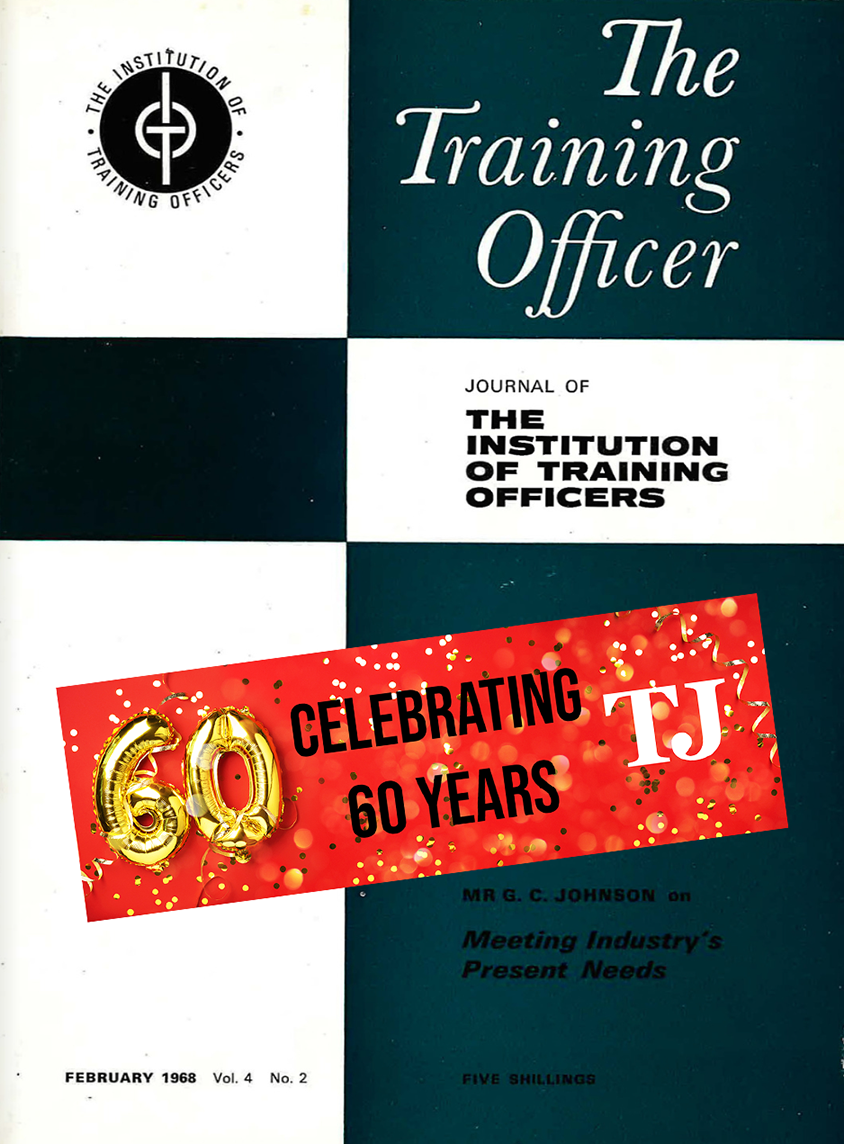In this interview by Mark Matthews, Mindstone CEO Joshua Wohle explains why AI mastery starts with mindset. He challenges the automation-first thinking, makes the case for live demos, and, importantly, shares how leaders can rewire their workflows to unlock AI’s full potential: strategically, safely, and at the speed of experimentation.
Joshua Wohle is a distinguished figure in the realm of technology speakers, with a rare talent for turning complex AI and learning-science concepts into practical strategies for leaders and organisations. As CEO and Co-Founder of Mindstone, he leads a platform that empowers non-technical users to master AI in their daily work. Earlier, he co-founded SuperAwesome, a children’s digital safety and edtech company that was acquired by Epic Games.
Leaders can reimagine their roles in an era when artificial intelligence is no longer optional
Throughout his career, Joshua has guided FTSE 100 firms, innovation communities, and global audiences in unlocking the creative and productivity potential of AI. His focus is not on the hype, it’s about how technology can be woven into smarter, safer systems and more human ways of working.
Mark Matthews interviewed Joshua so he could share his vision for AI competency, how live demos collapse the gap between theory and action, and how leaders can reimagine their roles in an era when artificial intelligence is no longer optional but central to transformation.
Training Journal: Many organisations see AI purely as a tool for automation. From your perspective, how can artificial intelligence genuinely enhance decision-making in the workplace?
Joshua Wohle: One of the biggest misunderstandings of AI—and that’s because everything gets put into the bucket of AI at the moment—is the new wave of generative AI. Up until now, AI has almost always been about automation. That leads to a situation where today, when people look at generative AI, they also think about automation use cases first.
Where really the power of this technology—of generative AI—is to help you do better work. Not just automate the things you’re already doing, but help you get better at the things that you are already doing. The biggest thought framework that we invite people to change is to think about AI as a teammate, as a thought partner.
There is no executive in the world that can’t be improved by having their ideas battle-tested—by having someone, in this case AI, play devil’s advocate on whatever decision they’re about to make, or to throw a hundred ideas about how to solve a particular problem that the executive might be struggling with. It’s still up to the executive to figure out which one of those hundred ideas should be taken and is worth pursuing, but it helps you get to great solutions faster.
It helps you take solutions or problems that you have and improve your answer to them—and do so instantly. You can think about some of this as the cost of making a decision, where there is always a point at which you would ask for a second pair of eyes on something. The more important the decision or the project, the more pairs of eyes you ask to either talk about, socialise the concept, figure out what’s right and what’s not, get another opinion on it.
What is happening with AI is that the first hurdle of getting that second opinion has just dropped to zero. You always have access to a second opinion. You no longer have to think about whether it’s worth bringing to a colleague to get a second pair of eyes on because the cost of that second pair of eyes is zero.
TJ: You’ve spoken before about “AI competency.” For leaders trying to embed AI into their organisations, how do you define this concept in practice?
Joshua: AI competency is about not just understanding what AI might or might not be able to do, but actually being able to do it yourself. AI competency includes two parts, and I would actually say only about 10% is knowing how to use the tools. 90% of AI competency is mindset shift—it’s helping you think differently about the way that you work so that you can take advantage of AI in the first place.
Because if all you’re doing is taking a tool and applying it to an existing workflow, and not changing your workflows, you are only scratching the surface of what this technology is able to do. It’s only when you change the way that you work and you’re inviting the AI in that you get to the real unlock.
The mistake of thinking that because AI is so easy to use, that must mean it’s easy to master
I would say there are two things. One is the mistake of thinking that because AI is so easy to use, that must mean it’s easy to master. This is where we go back to the mindset shift. Lots of people know how to talk or to write, so it becomes very easy to talk to an AI assistant. That creates the false impression that because it is so easy to use, you know how to use it.
The number one red flag that we see—and this happens 99 times out of 100—is when people say, “I know how to use AI because it’s replaced my Google usage. I search everything on ChatGPT now.” When people think it is a search replacement, we know there are five or six levels of unlock that are still to be achieved.
The second thing is that they think AI adopts itself. No technology has ever adopted itself. There has always been a more structured approach to get everyone to understand how they can use it in their jobs. If you’re serious about trying to get to the productivity increase and the creativity unlock that it can bring, a structured approach will get you there dramatically faster.
TJ: You often use live demonstrations in your keynotes, which is uncommon in the AI speaking space. Why do you believe this approach is so effective?
Joshua: Because the number one problem in this industry at the moment is people don’t know what’s actually possible. And the number two problem is that too many people talk a big talk and actually don’t know what to do themselves.
We want to be very specifically different—cut through the noise. Don’t be the 50th AI slide talk that people have already sat through, but genuinely move the needle by giving them something experiential where there is no ambiguity about whether what I’m saying is right or wrong—because they’re seeing it happen right in front of them.
This exclusive interview with Joshua Wohle was conducted by Mark Matthews of The Motivational Speakers Agency and The AI Speakers Agency




